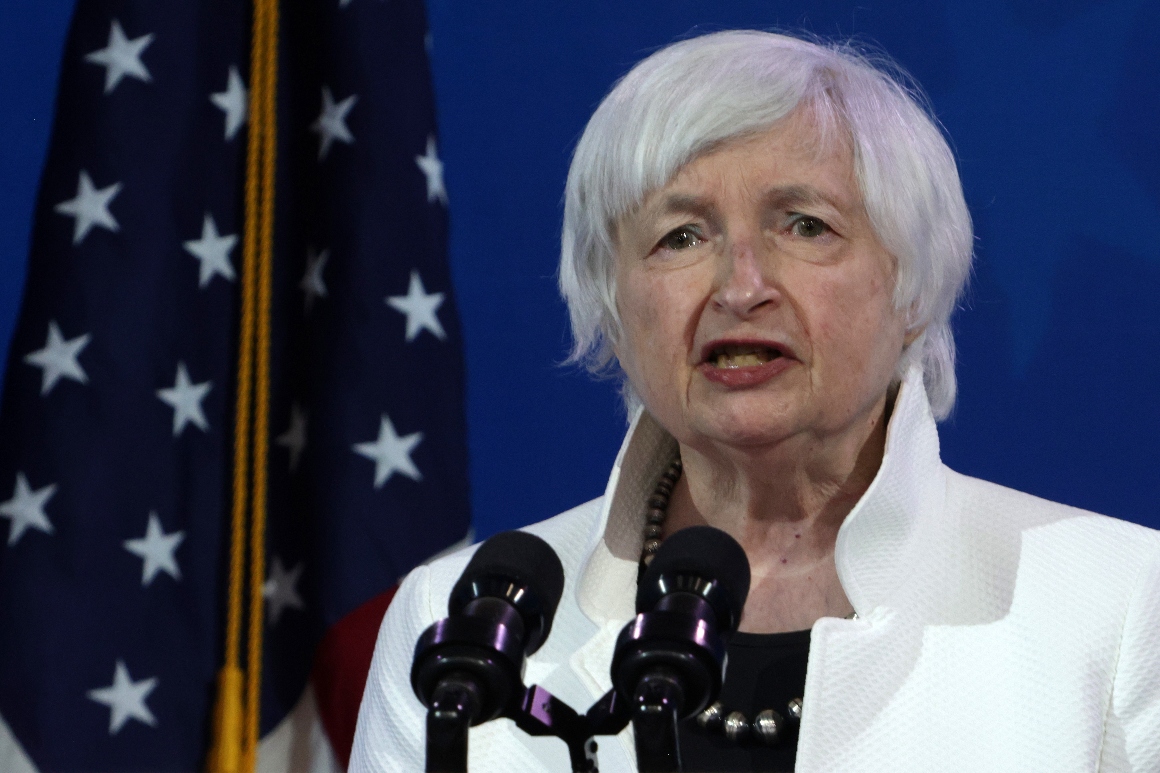In addition to Yellen, Antony Blinken, Biden’s nominee to be secretary of State, disclosed the clients he advised through WestExec Advisors, the consulting firm he co-founded with other Obama administration alumni. Those clients included the investment giant Blackstone, Bank of America, Facebook, Uber, McKinsey & Company, the Japanese conglomerate SoftBank, the pharmaceutical company Gilead, the investment bank Lazard, Boeing, AT&T, the Royal Bank of Canada, LinkedIn and the venerable Sotheby’s auction house.
The disclosures cracked open WestExec’s closely held client list, which the firm had previously refused to divulge. WestExec has paid Blinken nearly $1.2 million over the past two years, according to the filing, with another estimated $250,000 to $500,000 owed for his work this year.
Blinken has entered into a term sheet to sell his stake in WestExec, which is valued at between $500,000 and $1 million, according to the disclosure. He also plans to divest his stake in WestExec Ventures, a sister venture capital firm, according to the filing. His stake in WestExec Ventures is valued at between $1 million and $5 million.
Biden’s pick to be director of national intelligence, Avril Haines, was also a principal and consultant at WestExec. Haines reported $180,000 in “consulting fees” from Palantir, a data-mining company that has had government contracts with agencies like U.S. Immigration and Customs Enforcement. The Silicon Valley-based company was founded by Peter Thiel, a prominent pro-Trump conservative in the tech world.
Haines’ biography at the Brookings Institute, where she was a non-resident senior fellow, boasted of her Palantir work until this summer, when she began advising the Biden campaign, The Intercept first reported.
A transition official said Haines was “primarily focused on [Palantir’s] diversity and inclusion efforts, particularly increasing gender diversity” and that she “mentored some of the company’s remarkable young women and suggested ways in which the company might promote diversity and inclusion.”
Yellen’s corporate earnings could create thornier issues. Along with her disclosure, Yellen pledged to go to Treasury’s ethics lawyers to “seek written authorization to participate personally and substantially in any particular matter” that involves a firm she received compensation from in the prior year.
Yellen last accepted speaking fees from Citi in October of 2020, for example, meaning she would need to consult the department’s ethics lawyers until October of 2021.
While Yellen has drawn mostly praise from progressives to date, her millions of dollars in income from big banks is likely to generate questions about how close she is with Wall Street. Hillary Clinton faced political blowback from the left during the 2016 campaign for the money earned from Wall Street speeches after she left the State Department.
A spokesperson for Sen. Elizabeth Warren (D-Mass.), who has been critical of the “revolving door” between government officials and corporations, did not immediately respond to a request for comment. The progressive Massachusetts senator previously called Yellen an “outstanding choice.”
The transition official defended Yellen’s speaking fees. “Take a look at her record on enforcement — this is not someone who pulls punches when it comes to bad actors or bad behavior,” the official said. “You can expect she will bring the same high ethical standards and tough enforcement philosophy to Treasury.”
Victoria Guida contributed to this report.
Related posts:
Views: 0
 RSS Feed
RSS Feed

















 January 1st, 2021
January 1st, 2021  Awake Goy
Awake Goy 
 Posted in
Posted in  Tags:
Tags: 
















